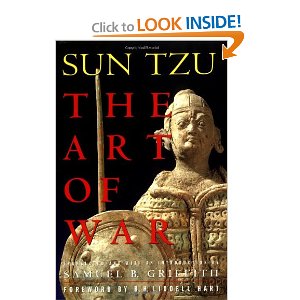 Web 1.0 Mindset Waving Web 2.0 Methods, June 29, 2008
Web 1.0 Mindset Waving Web 2.0 Methods, June 29, 2008
Ted Hart
I've given this book four stars because if you want to leverage Web 2.0 methods to garner more money for your Web 1.0 “what we think best” programs, then this is the book for you.
In terms of actually creating empowered social networks where the non-profit is a facilitatator, connecting real people with micro-cash to real people with micro-needs, this book is so far back in time as to be next to useless.
Argh! This is the last gasp of the United Way/Red Cross “rip off as many as possible” so we can have our first class tickets and lifestyle and practice trickle down tax-free programs that “we the elite” decide.
There are web sites devoted to micro-connecting and micro-giving, I recommend that individuals avoid giving to any organization that does not offer open books and a complete menu of opportunities to earmark your gift for a specific need from a specific person or household. The animal and child chartities are a bit ahead of the game here, but even this can be disintermediated eventually.
I am reminded of two famous views:
“Criticize by Creating” from Machiavelo, adopted by the Flow Project.
Instead of trying to fix old systems, create new ones that displace them (paraphrase) from Buckminster Fuller.
I must disclose that recently Earth Intelligence Network sent 65 copies of its first book (the last one listed below, also free online) along with a letter of inquiry to the top foundations puporting to be addressing the ten high-level threats to humanity. We received back exactly two serious responses, six postcards blowing us off, and nothing at all from all the others. This has persuaded me that most so-called national foundations are nothing more than tax dodges and golden parachutes for a select few, and it is time we subject them to the same “open books” scrutiny that we plan for corporations and for government at all levels.
For more innovative thinking, see, among many others:
The Tao of Democracy: Using Co-Intelligence to Create a World That Works for All
Society's Breakthrough!: Releasing Essential Wisdom and Virtue in All the People
How to Change the World: Social Entrepreneurs and the Power of New Ideas, Updated Edition
The Change Handbook: The Definitive Resource on Today's Best Methods for Engaging Whole Systems
The World Cafe: Shaping Our Futures Through Conversations That Matter
One from Many: VISA and the Rise of Chaordic Organization
Leadership and the New Science: Discovering Order in a Chaotic World
The Cultural Creatives: How 50 Million People Are Changing the World
Integral Consciousness and the Future of Evolution
Collective Intelligence: Creating a Prosperous World at Peace





